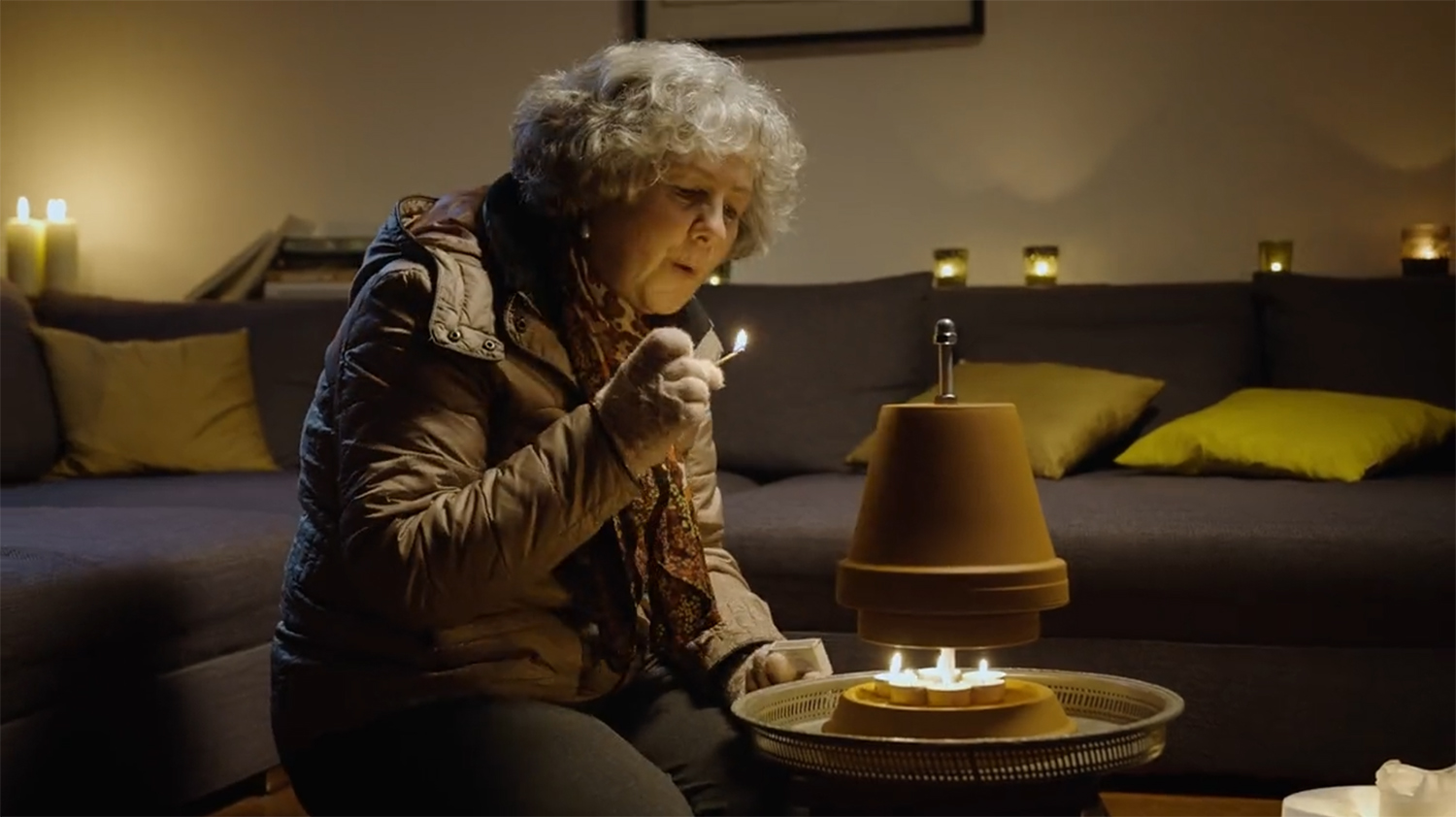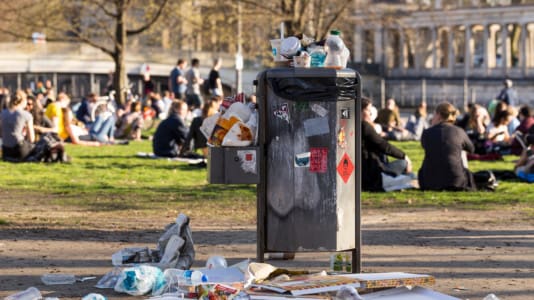The international press has been covering Western Europe’s energy crisis at full throttle for weeks now. We have also recently even seen “educational” videos from Austria and Germany in which the disaster management office and in Austria’s case the army informs the public what to do if a blackout strikes. The expert advice? Buy plenty of candles for your home.
Western Europeans would do well to heed this advice and buy everything need for their survival kit — there could easily be no electricity for up to ten days and prices will go up, up, and up. From Hungary’s point of view, this is a surreal situation — we are used to the expectation that, by and large, things run well in the West.
As far as standards of living are concerned, we have known since at least 2015 that mass immigration, integration problems, ghettoization, terrorism, and gang wars have created a new reality in many parts of the West — hardly a good look for Western Europe.
Hungary is in a fortunate position these days, though, as the consumer price of natural gas is the cheapest in the European Union and the price of electricity is the second-lowest. Prices have not been freed up thanks to the overhead cut — but let’s not sit back and relax, because this is exactly the policy that is under attack from several directions.
The left-liberal side is working here and in Brussels to torpedo overhead cuts. Of course, they cannot do this on their own, so they expect help from Brussels this time as well. It is quite absurd to attack the overhead cut when citizens are already preparing for blackouts in Austria with candles and matches, but does that surprise us? Not really. We have known for a decade now that the peculiar and repulsive logic of the left has been that the worse it is for their country, the better it is for them.
The burdens they desire are constantly piled on top of each other: higher overheads and less EU funding. And, as Tamás Deutsch warned the other day, there is a new element:
“The Hungarian left enthusiastically supports the absurd idea in Brussels that we should pay the costs of climate protection to the citizens, and that the climate tax should be borne by property owners and car owners.”
This is just as horrible an idea as it sounds.
The crises of recent decades have shown that when they invent something in Brussels that manages not to solve — or, worse — even add to the problem, they still insist on going forward. Meanwhile, the Hungarian left-liberal side applauds enthusiastically. If it were up to them, for example, there would be no border fence.
Now that there is a problem on the Lithuanian border, it is becoming clear in Brussels that it may not always be worth crossing it if a member state wants to apply workable solutions.
As far as the coronavirus crisis is concerned, not enough time has passed, and — we can add with bitterness — apparently not enough people have died yet in order to overrule their policies.
In short, it is high time for Western Europe to shake itself awake. It is, after all, quite ridiculous that winter is coming and the population is being encouraged to buy candles.






